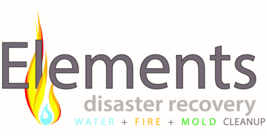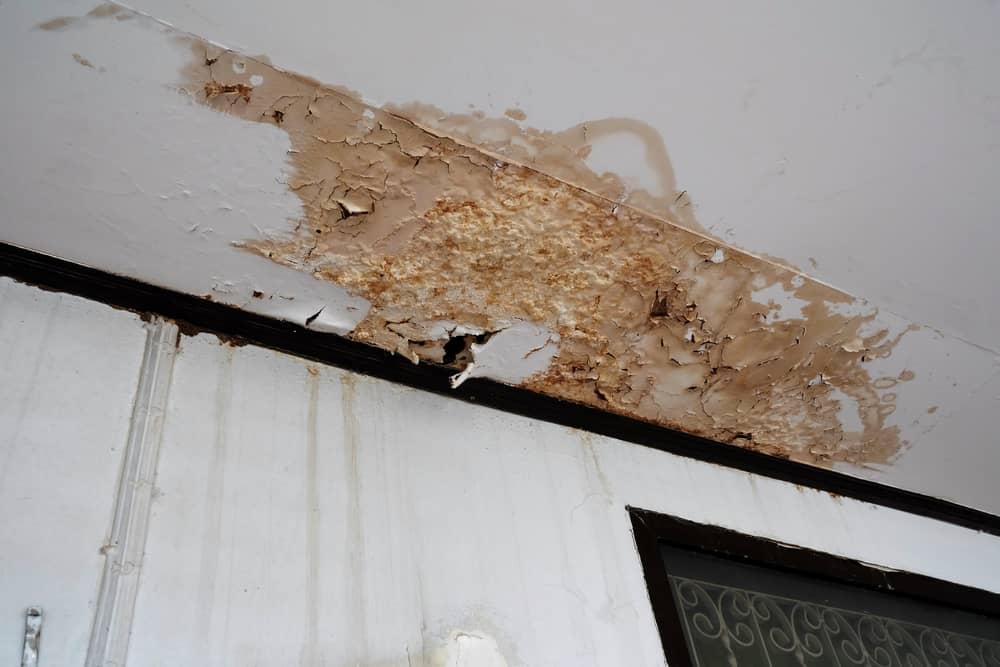Are you wondering how long it takes to restore water damage to your property? Well, you’ve come to the right place! In this blog post, we’ll dive into the world of water damage restoration and give you an idea of how soon you can expect your property to be back to its former self. So grab a cup of tea, sit back, and let’s get started!
Quick Answer
Water damage restoration refers to the process of repairing and restoring a property after it has suffered from water damage caused by flooding, leaks, or other water-related incidents. Damage restoration can take anywhere from a few days to several weeks, depending on the extent of the damage and the size of the affected area. Your restoration company will assess the situation and provide you with an estimated timeline. It’s important to act quickly to prevent further damage and ensure a successful restoration process.
What factors determine water damage restoration time?
Several factors affect the time it takes to complete water damage restoration.
- Severity of the damage. The extent of the damage is crucial. If the water has affected a large area or a certain type of material, it will naturally take longer to restore. Additionally, the presence of any mold or microbial growth and whether any structural repairs are necessary can also affect the timeline.
- Water type. The type of water involved matters. Clean water from a broken pipe can be easier to clean up compared to contaminated water from sewage backup. The drying process can also influence restoration time – the longer it takes for everything to dry out, the longer it will take to restore your property.
- Accessibility of the affected area. If the damaged area is challenging to reach or requires extensive dismantling, for example, the presence of structural obstacles, such as walls or floor coverings, can pose challenges and affect the efficiency of the restoration process.
- Manpower and equipment. The availability of professionals and equipment can affect the restoration time as well. Always consult with a water damage restoration expert for a more accurate timeline.
Water damage restoration involves various steps such as water extraction, drying, dehumidification, cleaning, sanitization, and repair; hence, the duration can vary depending on several factors. Depending on the situation, additional steps such as mold remediation, content restoration, and odor removal may also be necessary. In general, a small-scale damage restoration project can be completed within a few days, while larger and more severe cases may require several weeks.
What steps are involved in the restoration process?
The restoration process typically involves a few key steps.
- Assessment of the extent of the damage and development of a restoration plan.
- Preparation of the affected area. Ensuring the area is safe and removing any debris or hazardous materials.
- Cleaning and sanitizing the area thoroughly, addressing any potential mold or mildew issues.
- Doing the necessary repairs to restore the space to its pre-damaged condition.
- Taking the necessary steps to prevent future damage, such as improving ventilation or reinforcing vulnerable areas.
Remember to document the entire process for insurance purposes and consider consulting with professionals for complex restoration projects. With patience and dedication, you can successfully restore your property to its former glory.
How is the extent of water damage assessed?
When assessing the extent of water damage, there are a few key factors to consider. First, look for visible signs of water, such as standing water or wet patches on walls, floors, and ceilings. Check for discoloration, mold, or mildew, as these indicate water damage as well.
It’s also important to check the structure for any signs of deterioration or weakening, such as sagging walls or ceilings. Assess the affected areas for any unpleasant odors, which can be a sign of hidden moisture. Additionally, consider the duration and source of the water exposure. By evaluating these factors, you can determine the extent of water damage and plan accordingly for repairs or restoration.
How can water damage be prevented?
To prevent water damage, it is essential to maintain proper home maintenance. By being proactive and taking the following precautions, you can minimize the risk of water damage in your home.
- Regularly inspect and maintain plumbing systems; address any leaks or drips promptly
- Ensure that your gutters and downspouts are clear of debris to divert water away from your home’s foundation
- Ensure proper drainage around your property; consider installing a sump pump in your basement to help prevent water damage during heavy rainfall or flooding
- Waterproof your basement and seal any cracks in your walls or foundation.
- Use water detection devices or alarm systems
- Consider adequate insurance coverage for water damage for peace of mind.
What areas are typically affected by water damage?
The damage caused by water to your home can affect several areas of your house. Some common areas include your basement, bathroom, kitchen, and attic. It’s crucial to regularly check these areas for any signs of water damage to prevent further issues.
- Basement. Water damage in this area can occur due to basement floods or leaking pipes.
- Bathroom. The area around the shower or bathtub is susceptible to water damage from leaky faucets or poorly sealed caulk.
- Kitchen. This can be affected by water damage from overflowing sinks or appliance leaks.
- Attic. This area is prone to water damage caused by roof leaks or condensation issues.
Final Words
Water damage restoration takes a very long time, and understanding how long it takes is important for your well-being and peace of mind. There is no doubt that water damage can cause a lot of stress and uncertainty to a property and to a person’s emotional state, but knowing the restoration timeline can relieve some of those feelings.
From the initial water damage cleanup to the more extensive water damage repair, flood damage restoration, and water damage recovery, the process can be lengthy. However, with the help of water damage and emergency damage restoration professionals, you can ensure a thorough and efficient restoration.
By addressing water damage promptly and understanding the time it takes for restoration, you are taking a proactive step towards improving your life and protecting your property. So, don’t hesitate to seek professional assistance, and remember that patience is key throughout this process. Your dedication to resolving water damage issues will undoubtedly lead to a healthier and more secure living environment.
FAQ
Q1: Can the restoration process begin immediately after the water damage occurs?
A1: Ideally, the restoration process should begin as soon as possible after the water damage occurs. Immediate action helps minimize further damage and prevents the growth of mold and bacteria. Professional restoration companies often offer 24/7 emergency services to respond promptly to water damage situations and start the restoration process without delay.
Q2: Is it necessary to hire professionals for water damage restoration?
A2: While you can attempt to handle minor water damage on your own, it is highly recommended to hire professionals for proper damage restoration. Professionals have the expertise, specialized equipment, and proven techniques to effectively mitigate the damage, prevent risks, and ensure thorough restoration. Additionally, they can identify underlying issues that may not be visible to untrained eyes.
Q3: Can I stay in my home/business during the water damage restoration process?
A3: In some cases, you may be able to remain in your home or continue operating your business during the damage restoration process. However, this greatly depends on the extent of the damage and the areas being restored. If the damage is severe, it may be necessary to temporarily vacate the premises for safety and efficiency reasons.
Q4: Are there any health risks associated with water damage?
A4: Yes, water damage can pose various health risks. Mold growth is a common consequence of water damage and can lead to respiratory issues and allergies. Additionally, contaminated water from sewage backups or floodwater can contain harmful bacteria and pathogens. It is crucial to address water damage promptly to eliminate these risks and ensure a safe, healthy environment.
Q5: How can I find a reliable water damage restoration company?
A5: When searching for a water damage restoration company, we recommend looking for certified professionals with proven experience in the field. Check for licenses, certifications, and insurance, read customer reviews and testimonials, and consider referrals from trusted sources. Requesting a detailed estimate and discussing their restoration process can also help assess their expertise and professionalism.

